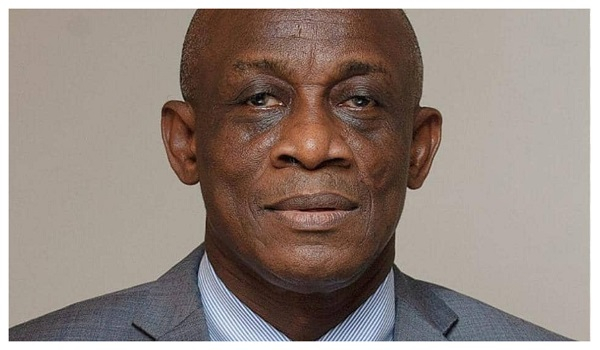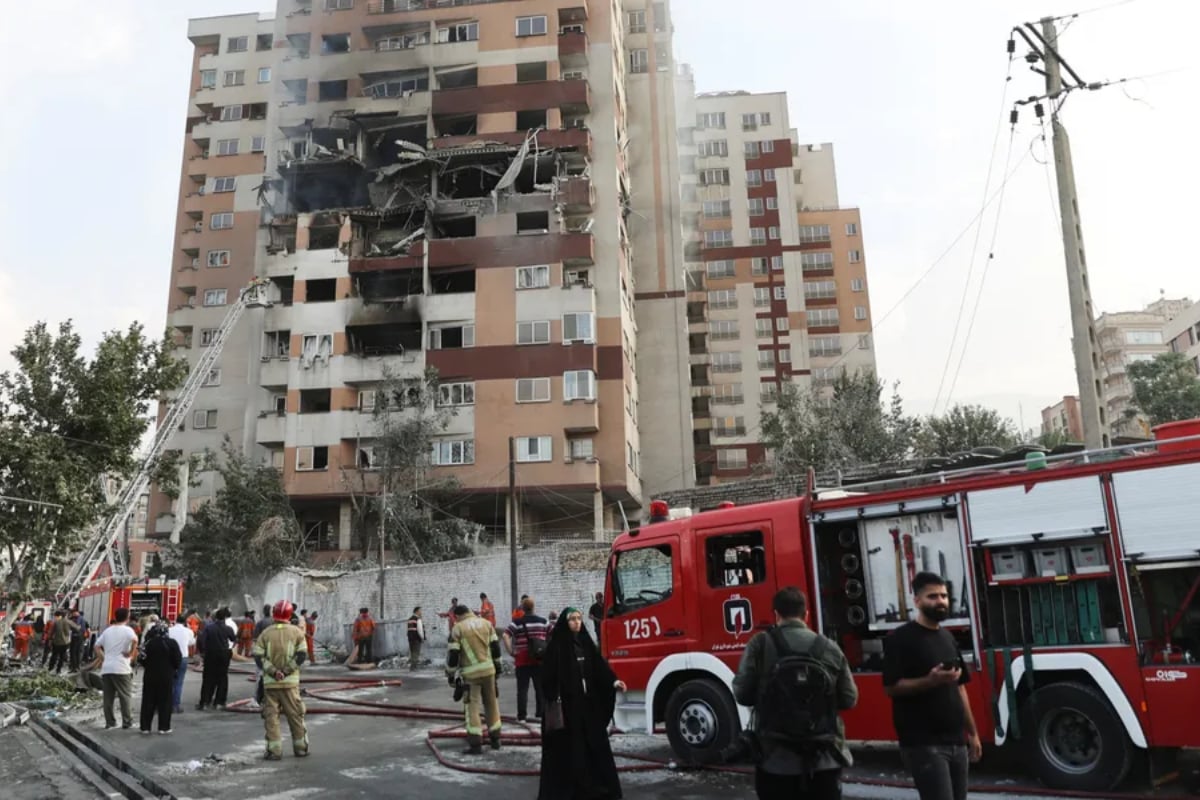Israel Conducts Military Strikes in Iran; US Denies Involvement

Israel on Friday morning launched a series of "preemptive strikes" against Iran, dramatically escalating tensions in the Middle East and raising fears of an all-out regional war. Explosions were reported and plumes of black smoke seen over the capital Tehran after what was described as a devastating blitz. The Israeli strikes, dubbed 'Operation Rising Lion' by the Israel Defence Force, specifically targeted Iran's nuclear program and other military sites. Prime Minister Benjamin Netanyahu confirmed the attack, stating it was necessary due to Iran's continued efforts to "weaponise" enriched uranium, and was critical for "Israel's very survival." Key targets included Iran's main enrichment facility at Natanz and its ballistic missile program, with Netanyahu also claiming that Iranian nuclear scientists "working on the Iranian bomb" had been hit.
This escalation follows growing concerns over Iran’s advancing nuclear program, with reports suggesting Iran was close to accumulating enough weapons-grade fusion material for as many as 15 nuclear bombs. The International Atomic Energy Agency (IAEA), the UN’s nuclear watchdog, had censured Iran for failing to cooperate with its inspectors just a day prior to the strikes. Iran’s nuclear chief, Mohammad Eslami, criticized the resolution as “extremist,” attributing it to Israeli influence. In anticipation of potential retaliation, Israel immediately declared a “special state of emergency,” implementing orders across the entire state, including the closure of schools and public gatherings. Defence Minister Israel Katz warned that "a missile and drone attack against the State of Israel and its civilian population is expected in the immediate future." Netanyahu affirmed that the operation would "continue for as many days as it takes to remove this threat."
The United States swiftly denied any direct involvement in the Israeli strikes, with Secretary of State Marco Rubio releasing a statement confirming Israel had taken "unilateral action" and urging Iran not to retaliate against US interests or personnel. Despite this public distancing, Iranian state television quickly accused Washington of being "complicit" in the attack. President Donald Trump, whose administration had been engaged in delicate negotiations with Iran to curb its nuclear ambitions, acknowledged the potential for a "massive conflict" while stressing his commitment to a diplomatic resolution. He had previously warned Israel against such an attack, fearing it would "blow" the ongoing talks. Trump also reiterated that the US would not allow Iran to possess a nuclear weapon. Ahead of the strikes, the US had undertaken precautions, partially evacuating its Iraqi embassy personnel and authorizing voluntary departures for military dependents and non-emergency US government personnel from locations like Bahrain and Kuwait due to heightened security risks in the region.
The news of the strikes had immediate and significant repercussions on global financial markets. Oil prices soared, with both main contracts — West Texas Intermediate and Brent North Sea Crude — spiking by more than eight percent, reflecting fears about disruptions to supply, particularly through the Strait of Hormuz, which accounts for a significant portion of global oil flows. Banking giant JPMorgan Chase had even warned that prices could exceed $130 in a worst-case scenario. Investors rushed to safe havens like bonds and gold, leading to a sharp tumble in equity markets across Asia, and deep reds in US and European equity futures. Analysts described the situation as the "Middle East powder keg" blowing the lid off global markets, highlighting the potential for this geopolitical event to redefine the macro narrative for the rest of 2025 depending on Iran's response.











